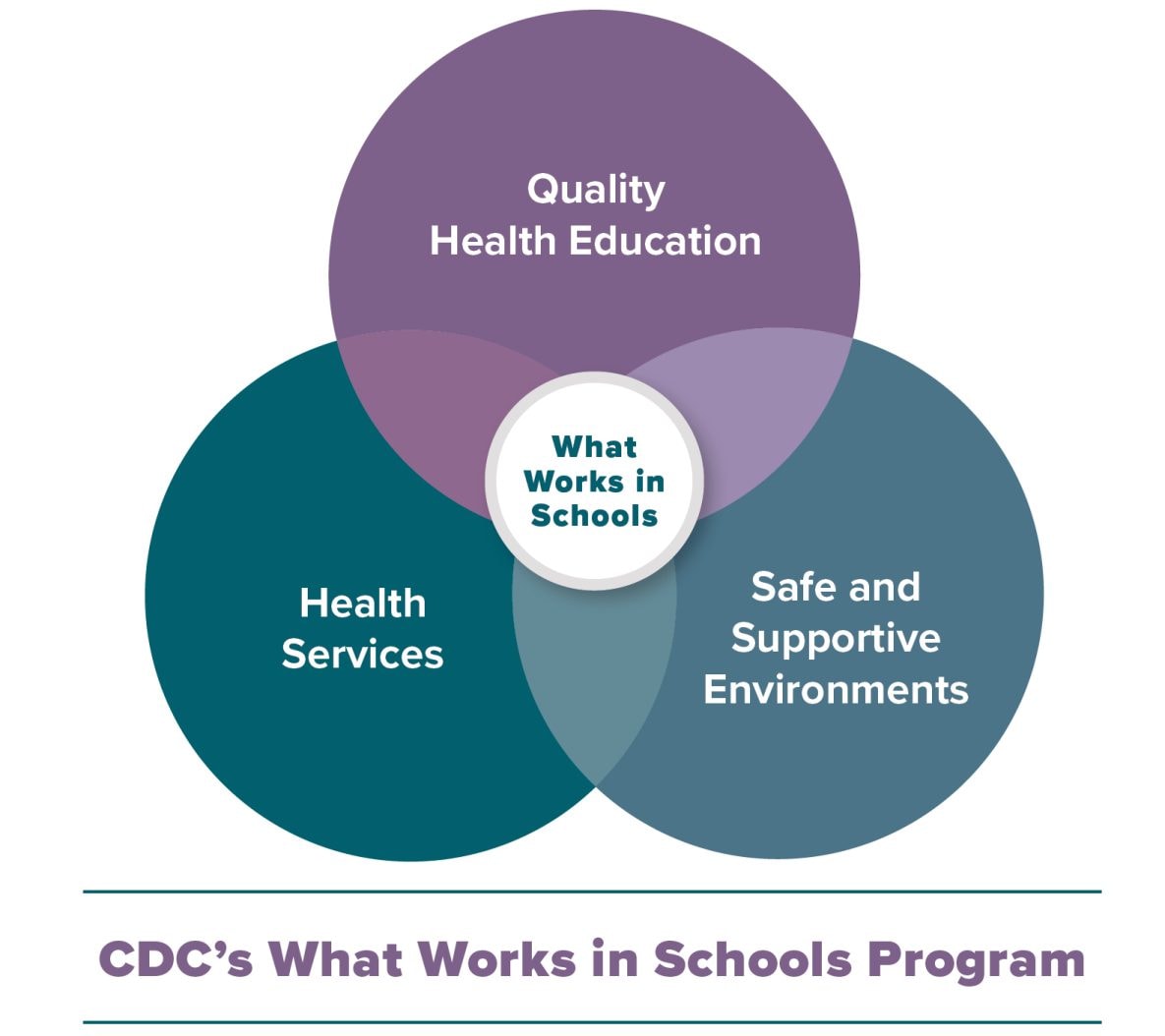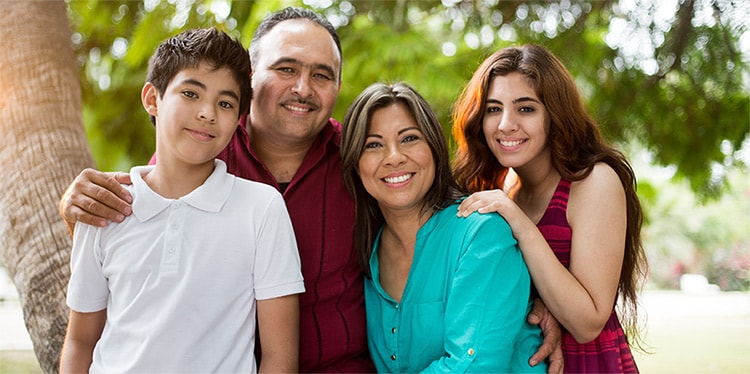Safe and Supportive Environments
- Creating safe and supportive environments in schools includes emphasizing aspects of the school environment that encourage students to be more engaged in their school life and feel connected to important adults at school and at home.
- Ensuring students are connected to their schools and families is an important protective factor that can reduce students’ risk for a number of negative health outcomes including human immunodeficiency virus (HIV), sexually transmitted diseases (STDs), and unintended pregnancy.
Protective factors such as feeling connected also help reduce high-risk substance use and mental health issues, and help keep students from committing or being victims of violence. These are behaviors and experiences that are associated with sexual risk and poor academic outcomes.
School environments that are safe and supportive connect adolescents to a network of caring peers and adults, including parents, other primary caregivers, and teachers.

Promoting safe and supportive environments can be particularly helpful for lesbian, gay, bisexual, transgender, and questioning (LGBTQ) youth, who are more likely to be bullied at school and may lack family support at home.
Strengthening School Staff Capacity
School Connectedness Resources

Schools can promote safe and supportive environments by improving students’ connections to schools and increasing the support they receive from parents.
Learn More- Markham CM, Lormand D, Gloppen KM, et al. Connectedness as a predictor of sexual and reproductive health outcomes for youth. J Adolesc Health 2010;46(3 Suppl):S23-41.
- Steiner RJ, Sheremenko G, Lesesne C. Adolescent connectedness and adult health outcomes. Pediatrics 2019;144(1):e20183766.
- Centers for Disease Control and Prevention. Youth risk behavior survey data summary & trends report 2009–2019 [PDF – 31 MB]. In: Department of Health and Human Services, ed., 2020.
- Toomey RB, Russell ST. The role of sexual orientation in school-based victimization: A meta-analysis. Youth Soc 2016;48:176-201.
- Rasberry CN, Lesesene C, Herbert A, et al. Factors associated with school connectedness for sexual minority youth. 89th Annual American School Health Association Conference Orlando, FL, 2015.
- Ryan C, Huebner D, Diaz RM. Family rejection as a predictor of negative health outcomes in white and Latino lesbian, gay, and bisexual young adults. Pediatrics 2009;123(1):346-52.


